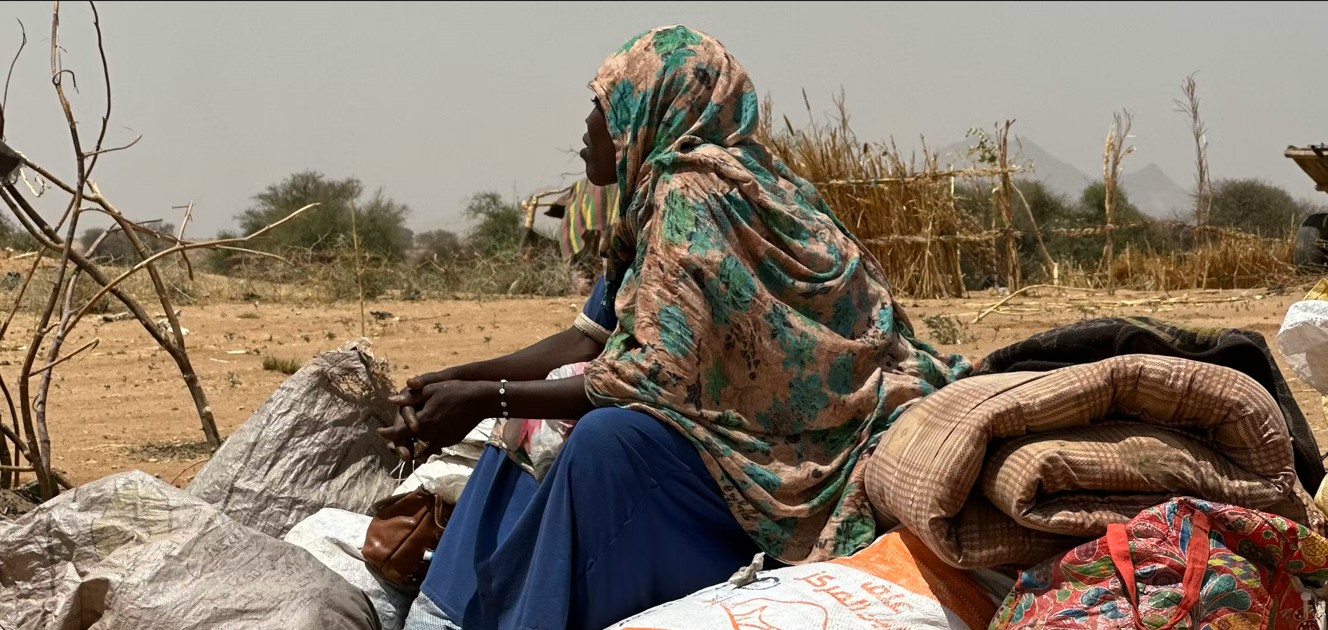Unique trading system earning youth jobs at Eastleigh's mango market
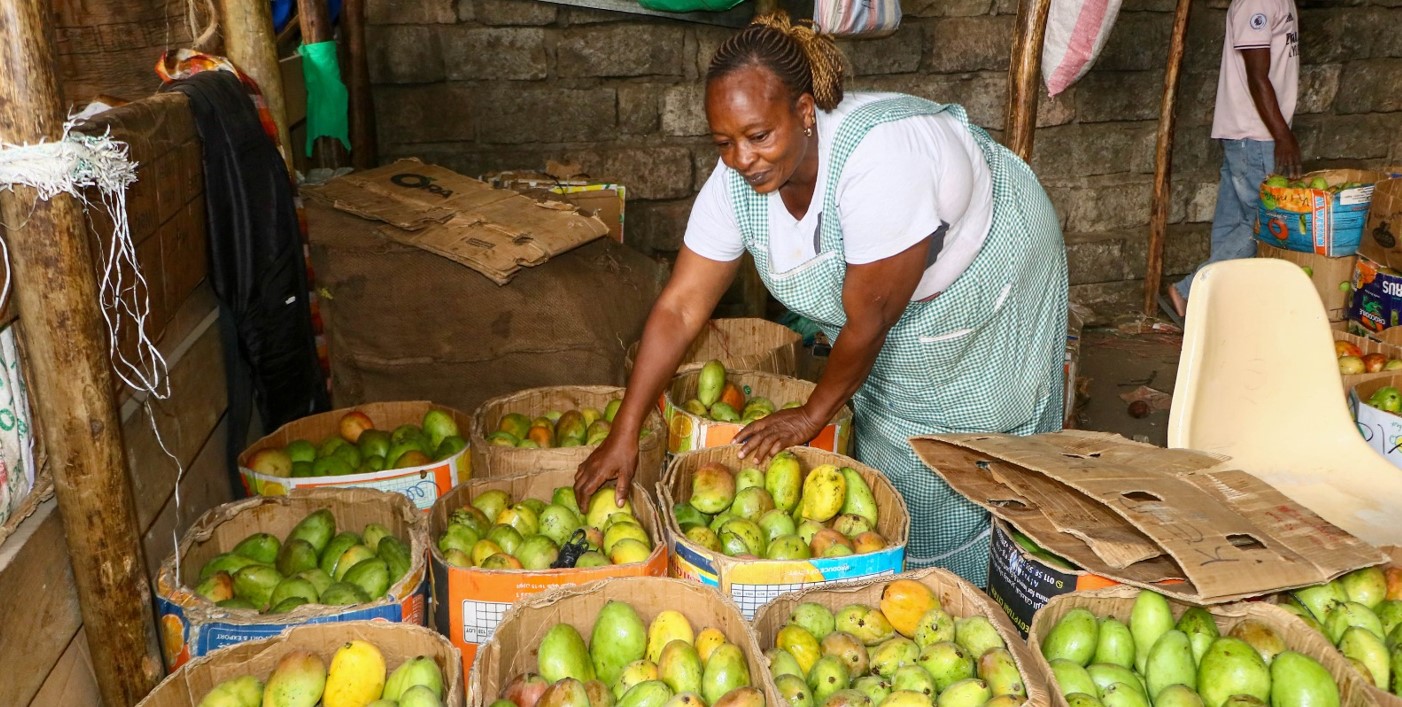
In this system, trust and honesty are paramount. Young men who prove themselves can avoid the stress of having to secure their capital.
Despite the rising unemployment rates, the traders at Eastleigh's Mango Market, affectionately known as Kwa Maembe, play a crucial role in the community.
They offer more than just fruits; they provide vital job opportunities for the youth through a unique system of lending fruits—what they call a “circular.” This system not only supports their livelihoods but also creates pathways for others to earn a living.
More To Read
- How community initiative is reviving Eastleigh’s cricket legacy
- Eastleigh MCA blames county officials for destruction of newly built Captain Mungai Street
- Youth football comes alive in Eastleigh as Fazam Academy clinches Moi Cup title
- Eastleigh’s 24-hour economy key to Kenya’s commerce, says CS Lee Kinyanjui
- Nairobi County, Eastleigh Business Association agree on food safety and restaurant licensing
- CBE curriculum spirit alive in Eastleigh as parents lead new wave of youth football development
Beatrice Mwangi, who lives in Kayole but runs her business in Kwa Maembe, has been lending mangoes to young people for over a decade.
“Over the years, we've learned to collaborate with the young men who work in the market. We give them mangoes, and they sell them at their price. They then return the initial cost to us along with a little extra as interest.”
This approach not only helps the youth but also allows mango traders like Beatrice to reach a broader audience. However, she is selective about the youth she works with to avoid being scammed.
"I only lend to young men I trust. For instance, if I give them 200 pieces of mangoes, I make a profit of 5 shillings per mango, plus the original cost for those 200 pieces,” she says.
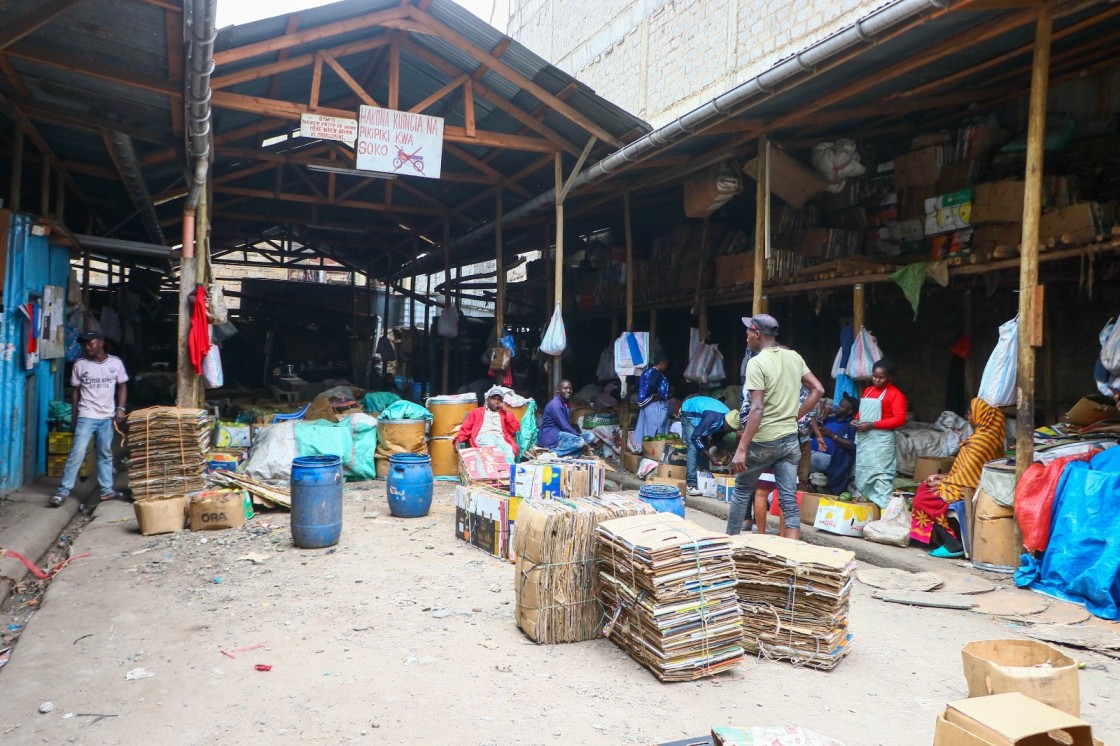 The Eastleigh Mango Market. (Photo: Justine Ondieki/EV)
The Eastleigh Mango Market. (Photo: Justine Ondieki/EV)The Eastleigh Mango Market. (Photo: Justine Ondieki/EV)
In this system, trust and honesty are paramount. Young men who prove themselves can avoid the stress of having to secure their capital.
“The same trend happens with other fruits as well. During the mango season, I have three young men who handle around 600 pieces of mangoes, which translates to 3,000 shillings in profits daily, plus what I sell myself. It’s a win-win situation for both the youths and us as businesspeople.”
Beatrice encourages young men to consider visiting the market, not just for selling mangoes but for other roles like unloading and arranging boxes. She believes there are many opportunities to be found in the market, including earning valuable work experience and networking with potential employers.
During mango season, over 50 young people gather at Kwa Maembe to pick the juicy fruits, which they then sell around town using carts. When mango season ends, they shift to selling other fruits like avocados, oranges, and grapes. This not only keeps a steady supply of fresh produce available but also provides consistent employment for them throughout the year.
Geoffrey Kioko started at Kwa Maembe as a young man, working his way up over the past decade. He explains,
“I don’t have the means to bring in fruits from the farms myself, but I’ve built partnerships with businesses that do. This collaboration has greatly improved my life. I work with clients from Garissa, Moyale, Mandera, and Isiolo. I coordinate with traders to get the mangoes, and once I receive payment, I pass the money to the traders with a small interest and keep the profits for myself.”
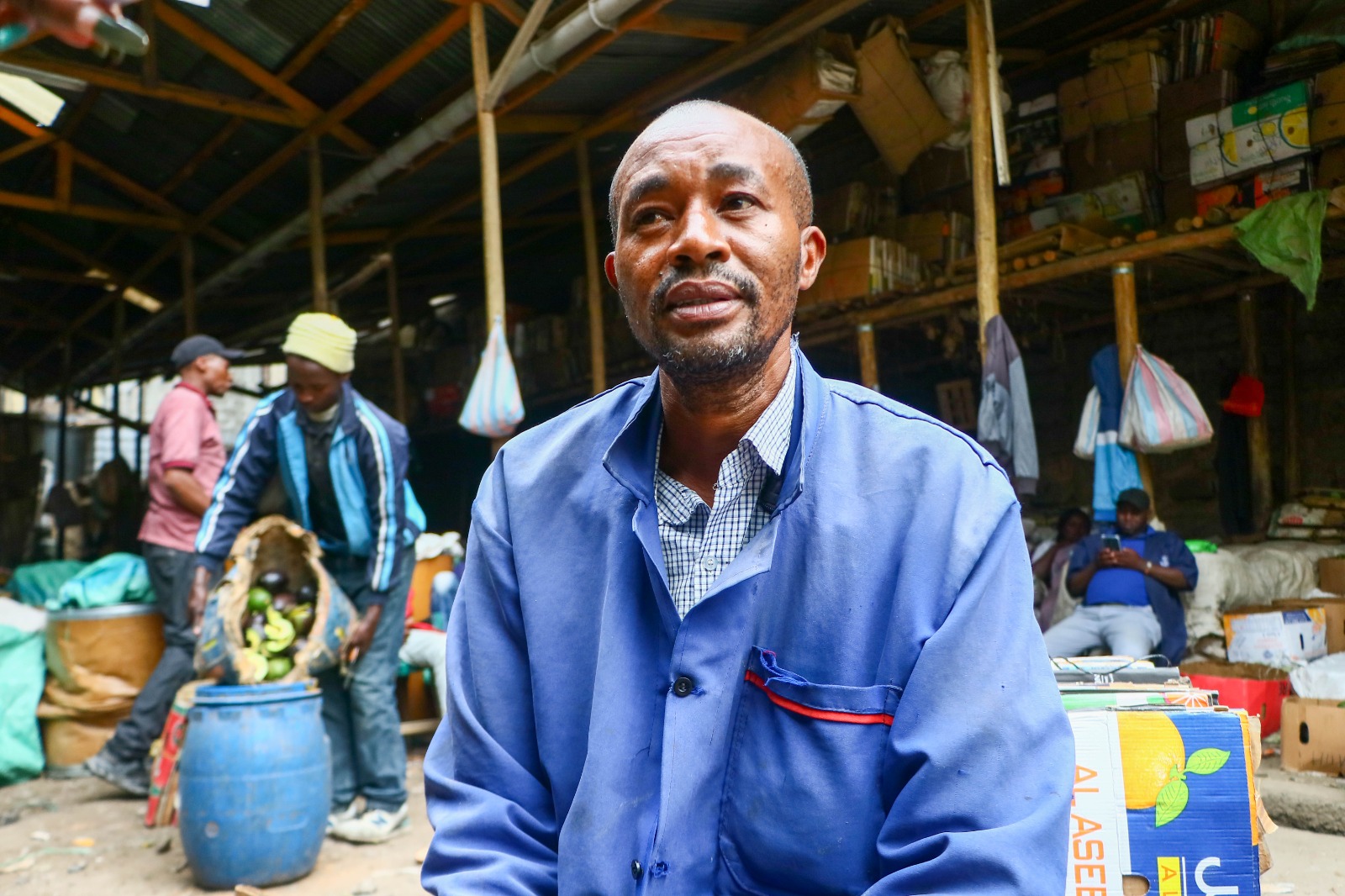 Geoffrey Kioko, a trader at Eastleigh's Mango Market. (Photo: Justine Ondieki/EV)
Geoffrey Kioko, a trader at Eastleigh's Mango Market. (Photo: Justine Ondieki/EV)Geoffrey Kioko, a trader at Eastleigh's Mango Market. (Photo: Justine Ondieki/EV)
Geoffrey notes that he always ensures he secures his payment before sending out the goods, due to the rise in fraudulent activities.
“Lending fruits has been crucial for sustaining my business,” he says. “Over the years, I’ve built connections with people from various regions, and it’s become a reliable and sustainable venture since I don’t have to worry about storage or upfront capital.”
Benson Kioko, a beneficiary of the circular economy, has found a stable source of income through the mango and avocado trade, especially during mango season. He shares, “During this time, local businesspeople give us mangoes, which we load onto carts and sell in Eastleigh. This arrangement helps ensure that the fruits don’t go to waste and are sold profitably.”
He explains that while some traders prefer to pay others to sell the fruits for them, he finds it more profitable to sell directly. “By selling the fruits myself, I can earn more than just a wage; I make a profit from selling them at a higher price.”
Benson takes pride in his reliability: “I’ve never lost any fruit or money. I make it a point to be honest and dependable, which means I’ve never missed an opportunity to support my family.”
While many traders continue to lend out mangoes, some have fallen victim to a few young people who have defrauded them. Shadrack Nyamai decided to stop lending mangoes due to the complications involved.
“I stopped lending mangoes because of the difficulties. When mangoes go bad and people can’t pay, it’s hard to track them down. Dealing with these cases is complex, especially when they can’t cover the losses,” Shadrack explains.
He prefers to sell his mangoes for cash directly to the young sellers, which provides him with peace of mind.
“Rather than dealing with the stress and complications of lending, I find it much easier and more reassuring to handle transactions in cash.”
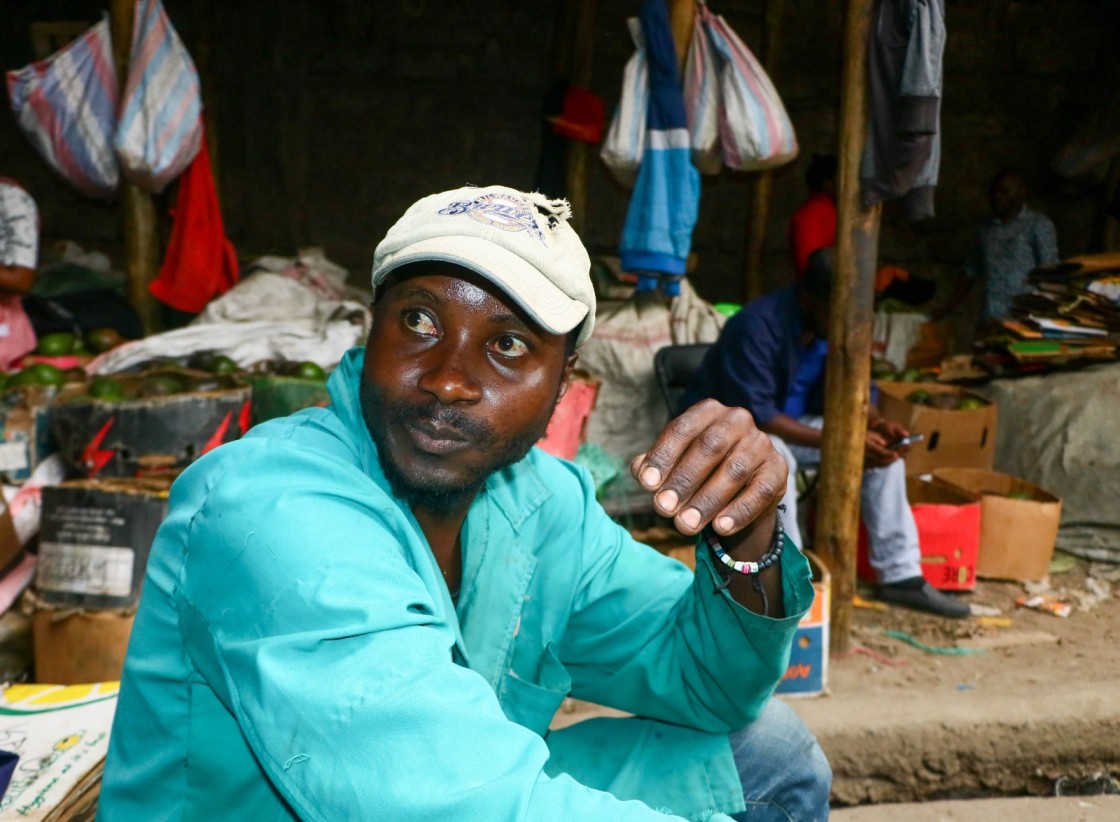 Benson Koko, a trader at Eastleigh's Mango Market. (Photo Justine Ondieki/EV)
Benson Koko, a trader at Eastleigh's Mango Market. (Photo Justine Ondieki/EV)Benson Koko, a trader at Eastleigh's Mango Market. (Photo Justine OndiekiEV)
Top Stories Today












